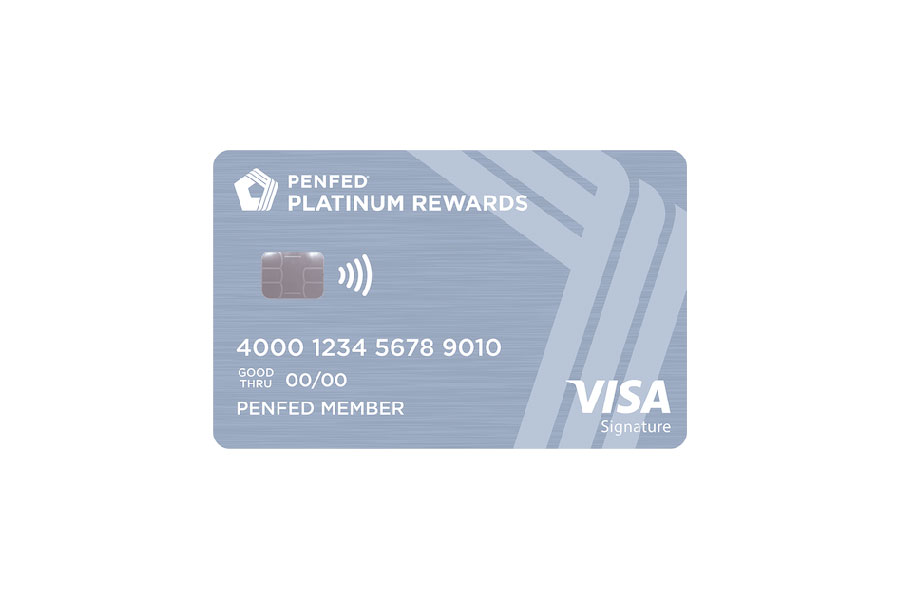Medical bills can catch you off guard—even when you have insurance. One missed payment can eventually end up in collections and take a serious toll on your credit score. That can make it harder to get approved for loans, credit cards, or even housing.

This article breaks down how medical debt affects your credit score and what steps you can take to protect it. Whether you’re already dealing with unpaid bills or trying to avoid trouble down the line, you’ll find practical strategies that actually work.
How Unpaid Medical Bills Affect Your Credit Score
Medical bills don’t show up on your credit report right away—but if they go unpaid, they can absolutely hurt your credit score. Once a bill becomes delinquent and ends up in collections, it may lead to a significant drop.
Late payments can be reported to the three major credit bureaus, especially if no payment arrangements are made. If the debt sits long enough, your provider might send it to a collection agency. That’s when the damage usually hits your credit report.
Not all credit scoring models treat medical debt the same way. Newer versions like FICO Score 9 and VantageScore 4.0 are more forgiving and give medical collections less weight. Older models, however, can penalize you more harshly—especially if the debt is large or unpaid.
What Happens When Medical Debt Goes to Collections
If a medical bill goes unpaid for too long, your provider may hand it off to a collection agency. That agency can then report the debt to the credit bureaus, which often leads to a sharp drop in your credit score.
Once a collection agency takes over, you’ll likely start receiving calls, letters, or emails trying to recover the balance. In some cases, they may even take legal action if the debt remains unpaid.
Each state has a statute of limitations on medical debt—usually between three and ten years. This limits how long a collector can sue you, though the debt may still appear on your credit report for up to seven years. Knowing your state’s timeline can help you make informed decisions.
How Grace Periods and Credit Reporting Rules Work
Most medical providers allow some time to settle your bill before involving the credit bureaus. This grace period typically ranges from 30 to 180 days and gives you a chance to resolve insurance issues or set up a payment plan.
Even with a grace period, unpaid bills can still hurt your credit if ignored. Once that window closes, the provider may send the debt to collections, which could lead to serious credit damage.
Recent credit reporting changes offer some protection. Medical debt can’t appear on your credit report until it’s at least 180 days old, and any balance paid or settled by insurance must be removed. Debts under $500 are also excluded entirely under newer scoring models.
How to Dispute Medical Debt on Your Credit Report
If you believe a medical collection on your credit report is inaccurate or unfair, you are entitled to dispute it. To dispute a medical collection, you’ll need to contact the credit bureau reporting the debt and provide supporting documentation to prove that the collection is inaccurate or unjust.
First, you’ll need to gather all relevant documents, such as medical bills, insurance Explanation of Benefits (EOB), payment records, and any correspondence with the medical provider or collection agency. This evidence will help you build a strong case when disputing the collection.
Then, once the credit bureau receives your dispute, they typically have 30 days to investigate the matter. If the dispute is resolved in your favor, the medical collection will be removed from your credit report, which may result in a boost to your credit score.
Does Paying Off Medical Debt Help Your Credit?
Paying off medical collections can help your credit, especially if the debt is recent or still reporting. The effect depends on whether the debt is removed and which credit scoring model is used.
Newer models like FICO Score 9 and VantageScore 4.0 ignore paid medical collections entirely. That means settling the debt—either in full or for less—can stop it from dragging down your credit score going forward.
If you settle for less than the full amount, the collection may still appear on your credit report, but it’s marked as resolved. It’s always worth asking the collection agency for a pay-for-delete agreement, where they remove the account after payment. Some agencies will agree to it, but they’re not required to.
Smart Ways to Reduce or Manage Medical Bills
If you’re facing a large medical bill, you may have more options than you think. Acting early can keep the debt off your credit report and save you money.
- Negotiate with your provider: Many hospitals and clinics are willing to lower charges or offer hardship discounts—especially if you ask before the bill goes to collections.
- Set up a payment plan: Breaking the bill into monthly payments can make it more manageable and may prevent it from being reported as delinquent.
- Hire a medical billing advocate: These professionals can spot errors, challenge inflated charges, and handle back-and-forth with insurance.
- Look for financial aid: Some hospitals offer charity care or sliding-scale programs based on your income. Local nonprofits and grant programs may help, too.
- Use credit cards or loans only when necessary: These options come with risks. High interest rates or maxed-out credit lines can hurt your credit score more than the medical bill itself. Always compare terms before borrowing.
What to Do If You Can’t Afford Your Medical Bills
If you’re overwhelmed by medical bills, don’t ignore them. Talk to your provider or the debt collector about your situation. Many will work with you to set up a payment plan or reduce your balance.
You also have rights under the Fair Debt Collection Practices Act. Debt collectors can’t harass you, threaten legal action they don’t intend to take, or misrepresent what you owe. If a collector crosses the line, you can file a complaint or take legal action.
In some cases, bankruptcy may be an option—but it’s a serious step. Medical debt is dischargeable, but bankruptcy can stay on your credit report for up to 10 years. It’s worth speaking to a financial counselor or attorney before making that call.
How to Prevent Medical Bills From Hurting Your Credit
The best way to protect your credit score is to stay ahead of medical bills. Review every bill carefully, double-check insurance coverage, and dispute any errors right away.
Submit insurance claims promptly and follow up until they’re processed. If there’s a delay or denial, call your provider to buy time or request a short-term hold on billing.
Keep all your paperwork in one place—including explanations of benefits, payment receipts, and claim records. Staying organized helps you avoid missed deadlines and gives you proof if something ends up in collections by mistake.
Tips for Keeping a Strong Credit Score Despite Medical Debt
A few smart habits can keep your credit score strong—even if you’re dealing with medical bills. Make every payment on time, keep credit card balances low, and limit new applications for credit unless necessary.
Your credit mix also matters. Using different types of credit—like a credit card, auto loan, or personal loan—can help build a healthier credit profile, as long as you manage them responsibly.
Building an emergency fund can make all the difference when unexpected bills hit. Aim to save three to six months of expenses so you’re not forced to rely on credit during a health crisis.
Final Thoughts
Medical bills can damage your credit score, but they don’t have to. The key is to act early, stay organized, and ask for help when you need it. From payment plans to legal protections, you have more options than you might think.
If medical debt has already damaged your credit, it might be time for expert help. Credit Saint is one of the top-rated services for challenging inaccurate items—and they even offer a 90-day money-back guarantee.
What if my medical bill was sent to collections by mistake?
If a medical bill was sent to collections in error—like if insurance should’ve paid it or you never received the bill—you have the right to dispute it.
Start by contacting both the medical provider and the collection agency to clarify the issue. Then file a dispute with the credit bureau, including documentation that supports your claim. If the debt is proven inaccurate, it must be removed from your credit report.
Can I be sued over unpaid medical bills?
Yes, if your medical debt goes unpaid for long enough, you can be sued by the provider or the collection agency. This usually happens after multiple attempts to collect the debt have failed.
If you’re served with a lawsuit, don’t ignore it. Respond by the deadline and consider speaking with a consumer attorney. Ignoring a court summons could lead to a default judgment and wage garnishment.
Do medical bills affect my credit if I’m on a payment plan?
Medical bills typically don’t affect your credit if you’ve arranged a payment plan and are making payments on time. Most providers won’t send an account to collections if you’re actively working with them.
However, if you miss payments or stop communicating, the provider may still send the debt to collections, which can impact your credit score. Always get the payment plan terms in writing and stay in contact if your situation changes.
What are the consequences of unpaid medical collections over $500?
Medical collections over $500 can stay on your credit report for up to seven years. Even one account can significantly lower your credit score.
This kind of debt can make it harder to qualify for credit cards, loans, or competitive interest rates. In some cases, it may lead to legal action, such as lawsuits or wage garnishment.
Addressing the debt early can help limit the financial damage and stress that comes with it.
How can I get medical bills off my credit report?
Start by checking your credit report for accuracy. If a medical collection is incorrect or should have been covered by insurance, you can file a dispute with the credit bureau. Include supporting documents like payment records or insurance statements. The bureau has 30 days to respond.
You can also ask the collection agency for a pay-for-delete agreement. That means you agree to pay the debt in exchange for having it removed from your credit report. Some agencies will accept this, but they don’t have to.
Under current credit reporting rules, medical debts under $500 or paid by insurance should already be excluded automatically.




